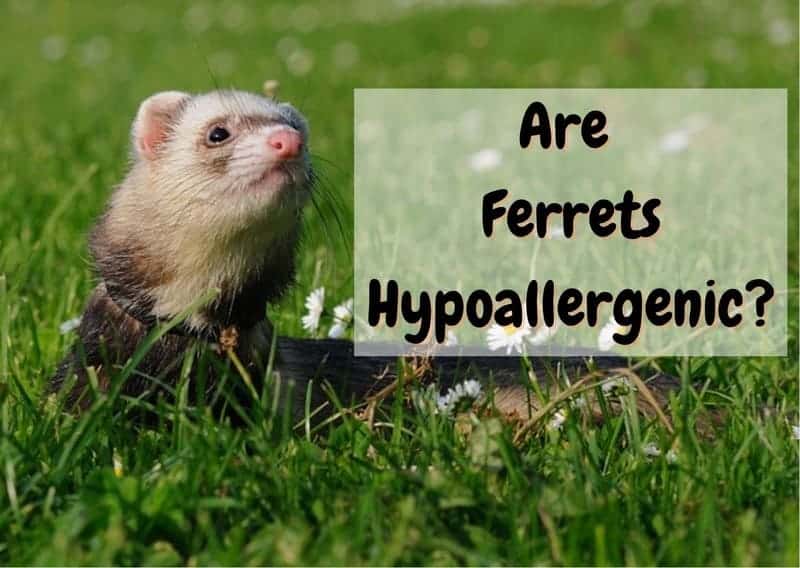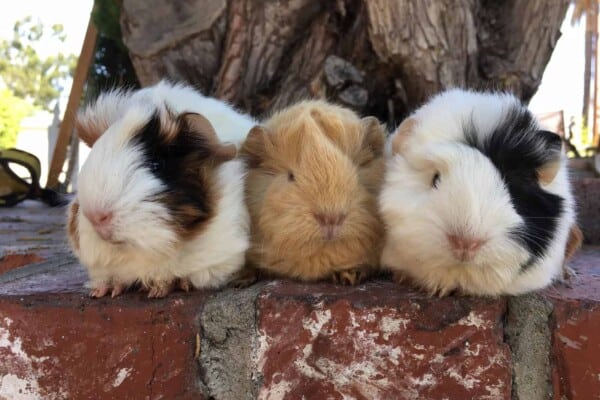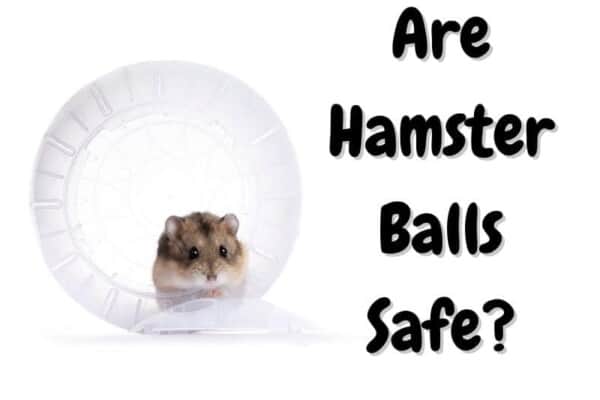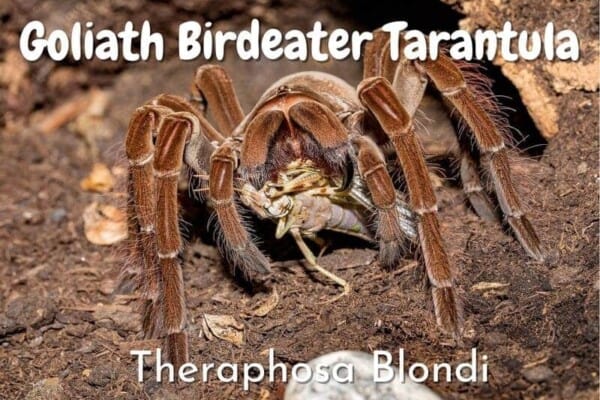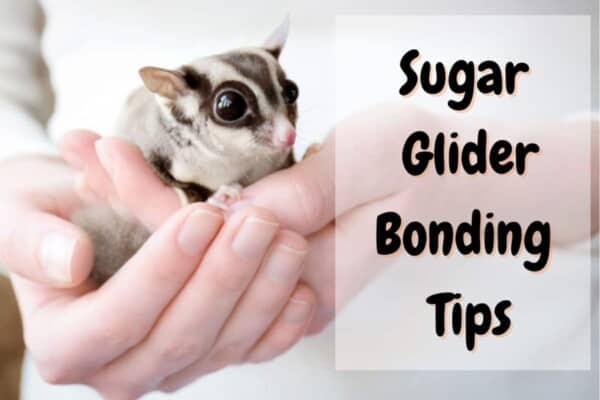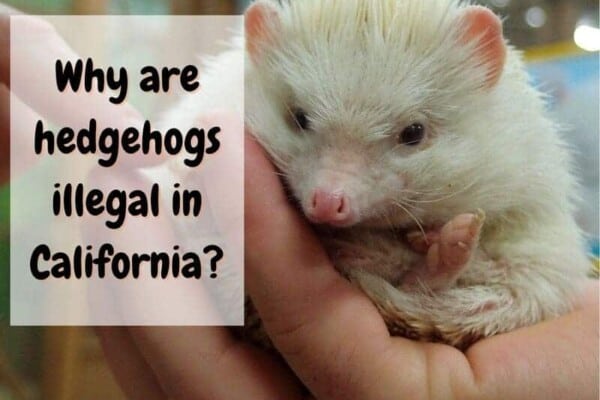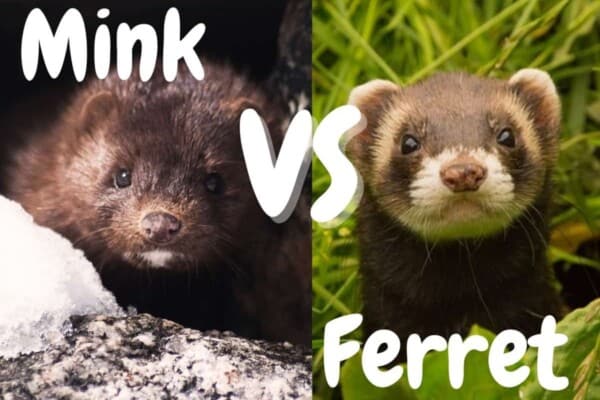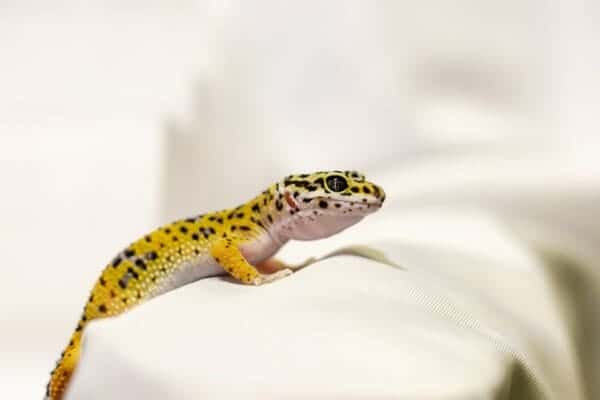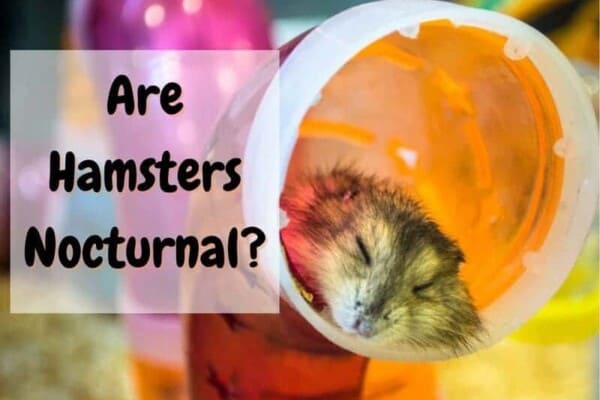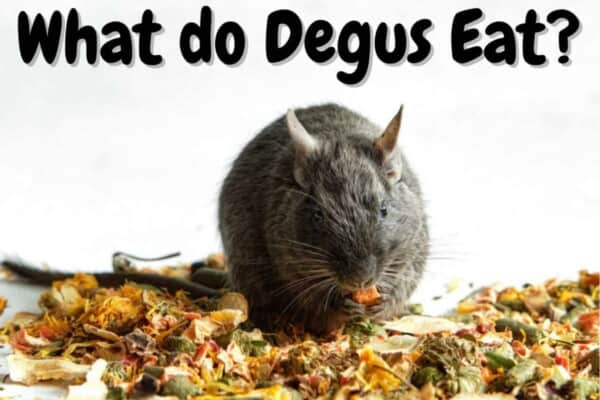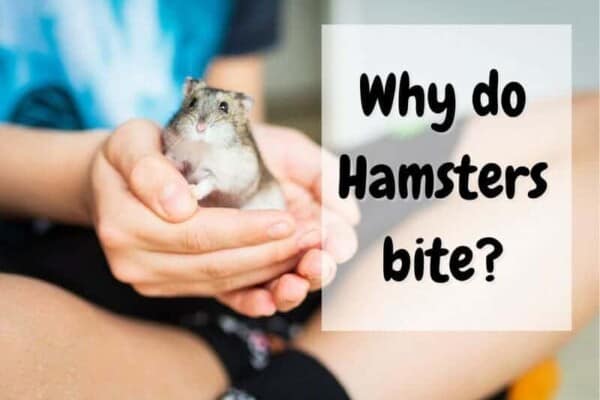When deciding on a new pet, whether or not they are hypoallergenic can be of big concern for some people. If you suffer from allergies, or just have a very sensitive nose, you might be wondering if ferrets belong to the category of hypoallergenic pets.
Are ferrets hypoallergenic? Yes, ferrets are considered hypoallergenic pets even though they shed very minimally. They are often not shedding enough to be a real issue for their owners. Yet just because ferrets are technically hypoallergenic doesn’t make them the right or wrong pet for you. There’s more information that needs to be considered.
Ferrets, Allergies and Dander Explained
Hypoallergenic does not mean that it won’t cause irritation or a reaction, as some people believe. It just means that it has a below-average or relatively low chance of allergies happening. And just because something is technically hypoallergenic doesn’t guarantee there will be no irritation.
When searching for a hypoallergenic pet many people are searching for one that sheds the least hair as they believe that is the sign of what makes hypoallergenic best for them.
However, the biggest irritant to a lot of people’s noses is not hair like from a cat or dog, it’s something called dander. Dander are particles that diffuse into the air and cause perhaps the greatest irritation to people’s noses.
All animals that shed produce dander, even hypoallergenic ones. Dander is flakes of skin that come off when an animal, or person, sheds. Dander comes from the body, typically underfur, whereas dandruff comes from the scalp. Just because ferrets don’t shed often doesn’t mean they don’t produce dander.
Like cats, for example, ferrets are very clean animals. When grooming themselves they remove the dander from their skin and transfer it from their body into the air or directly onto you when they lick or rub up against you.
Ferret shedding and your allergies
Ferrets are not big shedders, they only shed around twice a year. It can increase or decrease depending on a few factors. They typically shed in the spring, to get their summer coat. And once in the fall, transitioning to their winter coat.
If you think your ferret is shedding a lot and losing patches of fur, it can be a sign of Alopecia and you might need to contact your vet to discuss diagnosis and treatment.
Can anything else cause ferrets to shed?
Surprisingly, ferrets shedding patterns are very closely linked to light. Ferrets kept in separate rooms in different light conditions could shed at different times of the year.
Why shedding affects your allergies
Shedding hair is the main way dander enters the air, although the fur can be an irritant too. Dander doesn’t just contain skin particles though, it can also contain airborne urine and saliva proteins from your furry friend.
Dander can remain in a house for a long time even after the animal has left. They can even stay on you for a long time, stuck in your hair and clothes. That is why you may still get a reaction long after you were around someone’s non-hypoallergenic pet.
What is the best way to tell if an animal is hypoallergenic?
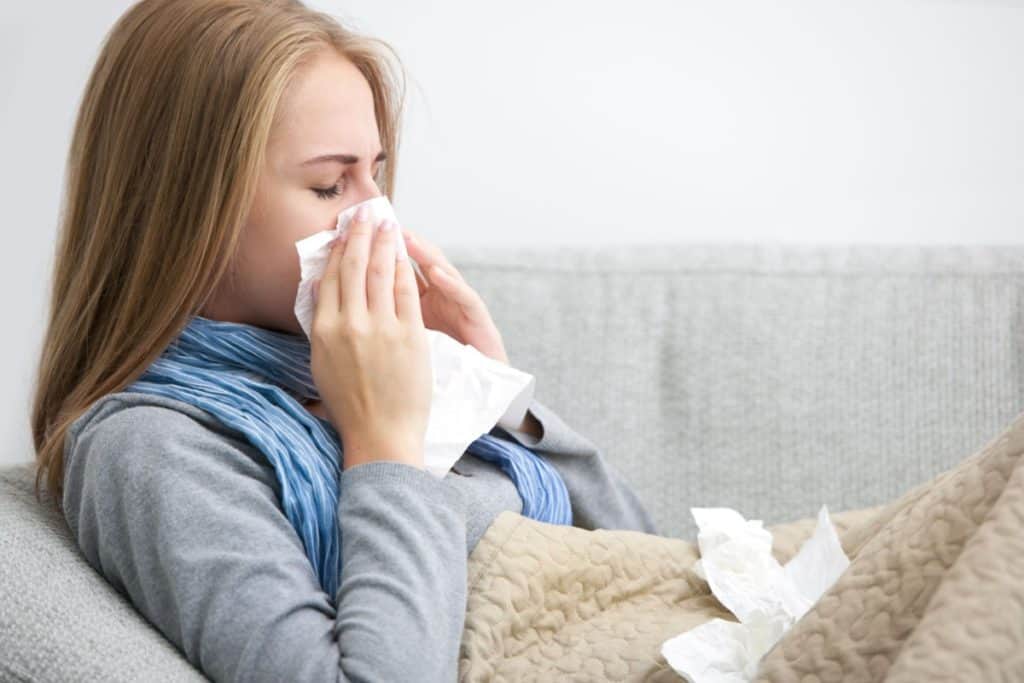
The easiest way to tell if an animal is going to be hypoallergenic is by determining how much it sheds. Some different breeds in the same species are hypoallergenic whereas others aren’t. A good example of this is dogs.
For example, huskies shed a lot whereas poodles have tight curled coats, which don’t shed much at all. In this scenario, poodles would be hypoallergenic, and huskies would be as far the opposite as you could imagine.
Just because this makes a poodle hypoallergenic doesn’t mean they are free from producing allergens. Like a ferret, poodles still shed their fur occasionally and still produce dander.
The only pets that won’t produce any kind of dander are snakes and other reptiles. Even though snakes shed their skin, they don’t produce any dander so they are the most hypoallergenic pet you can get. Except for fish, of course.
Grooming tips to give your allergies a helping hand
1. Brush your ferret often
Gently brushing your ferret regularly can help keep its coat tidy and remove any stray hair. If you manage to keep on top of your brushing routine, when it comes to shedding there will be less hair to shed and your risk of allergies will surely decrease.
2. A clean coat equals less dander
Another great tip to help your allergies is to keep your ferret’s coat clean. Washing your ferret once every 4 to 6 weeks with ferret shampoo can help him look and smell great.
3. Keep your ferret’s surroundings clean
The quality of your ferret’s coat does not just depend on how clean he is, but how clean his surroundings are. Your ferret needs to have a nice clean enclosure to ensure they stay healthy. The healthier your ferret is, the nicer his coat will be.
- Enclosure: Dander can stick around for a long time, especially where your ferret eats, sleeps, and plays the most. Make sure you clean out your ferret’s enclosure regularly.
- Bedding: Most importantly you should wash and change his bedding at least twice a week, as that can be where the biggest build-up of dander occurs. It’s nicer for you to have a dander-free home, and a clean bed or hammock is important to keep your ferret healthy.
- Lighting: As mentioned above, ferrets are very photosensitive. Consistent lighting can help keep your ferrets shedding regularly and in smaller quantities. Try to avoid turning the lights on and off regularly in the room your ferret is kept in. The sudden burst of light can not only startle the ferret but cause him to blow his coat.
Other factors that may contribute to an over-shedding ferret
When ferrets are ill they become increasingly prone to shedding and producing much more dander and other allergens. Do yourself a favor and make sure you keep an eye out for these other potential causes for shedding so you can have them treated as soon as possible.
1. Alopecia
Alopecia can be prevalent in ferrets over the age of 3 and it causes drastic shedding that comes with a myriad of other side effects. If you suspect your ferret has Alopecia, it is best to contact a vet.
2. Mating season
The mating season for ferrets is once a year, typically between spring and summer, and this can coincide with their regular spring shedding. The hormonal changes in your ferrets cause them to shed even more hair as they wrestle with their imbalances. This is almost entirely preventable by having your ferret spayed or neutered.
3. Parasites
Parasites, such as ticks or fleas, can cause your ferret great distress and discomfort. The irritation on the skin from these parasites can cause extra shedding and increased dander. This irritation can also cause your ferret to scratch itself raw.
The best way to avoid your ferret getting these parasites is to keep them indoors at all times. Parasites are normally picked up running through grass or brushing up against other animals.
Don’t worry if your ferret does have parasites, it can be easily treatable. You can speak to your vet about treatment or pick up some medication yourself.
4. Infection
Infection is one of the least likely reasons your ferret will have increased hair loss, but it is possible. Infections such as ringworm can cause shedding on specific patches of fur.
Older ferrets can also get yeast infections from cancer. If your ferret is losing hair in patches and those patches are very dry and crusty, this could be the cause. Again, you’ll want to speak to a vet about treatment.
5. Rat tail or Stud tail
These are different names for the same issue. During the breeding season, sometimes the tail can lose all its fur. Even if your ferret has been treated to prevent issues caused by mating season, they are still susceptible to stud tail. Don’t worry though, the hairs will all grow back with their next season’s coats.
6. Adrenal gland disease
Most common for last. Adrenal disease ties all the issues together almost. Adrenal diseases cause the production of excess hormones, like during the mating season, which can cause a stud tail that will then spread Alopecia all over the ferret’s body.
This disease is more prevalent in middle-aged to older ferrets. Your ferret is likely to start being at risk once he reaches the age of about 3 years old. Treatment is possible with either surgery or simple medication. This disease is very common in ferrets, so it’s a good idea to keep an eye out for it as your furry friend gets older.
References and further reading:
- Animal danders, Elizabeth A Erwin, Judith A Woodfolk, Natalie Custis, Thomas A.E Platts-Mills
- Adrenal Gland Disease in Ferrets, Karen L.Rosenthal

